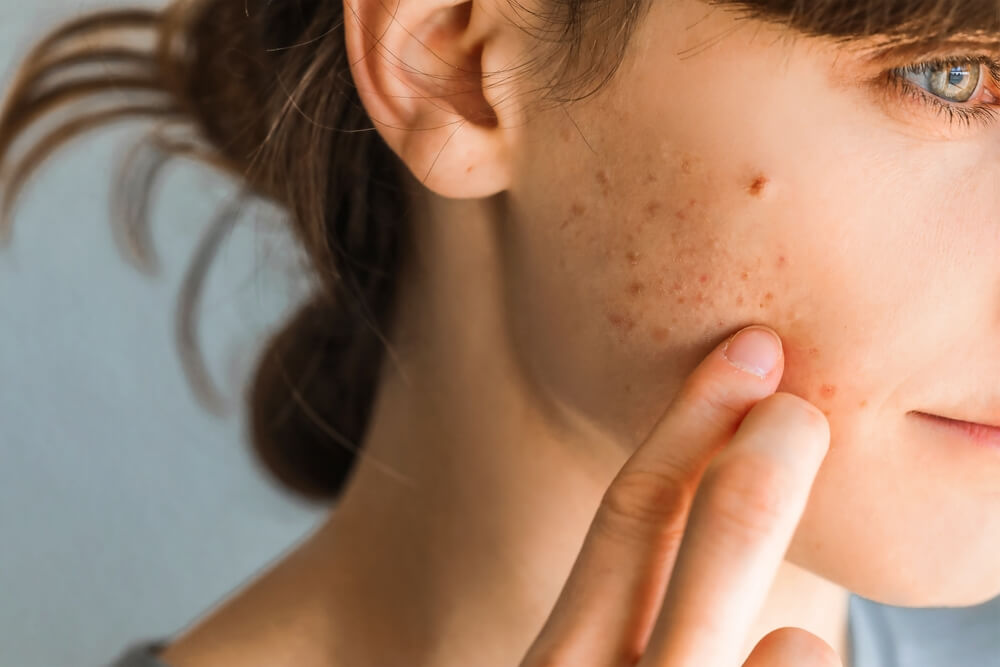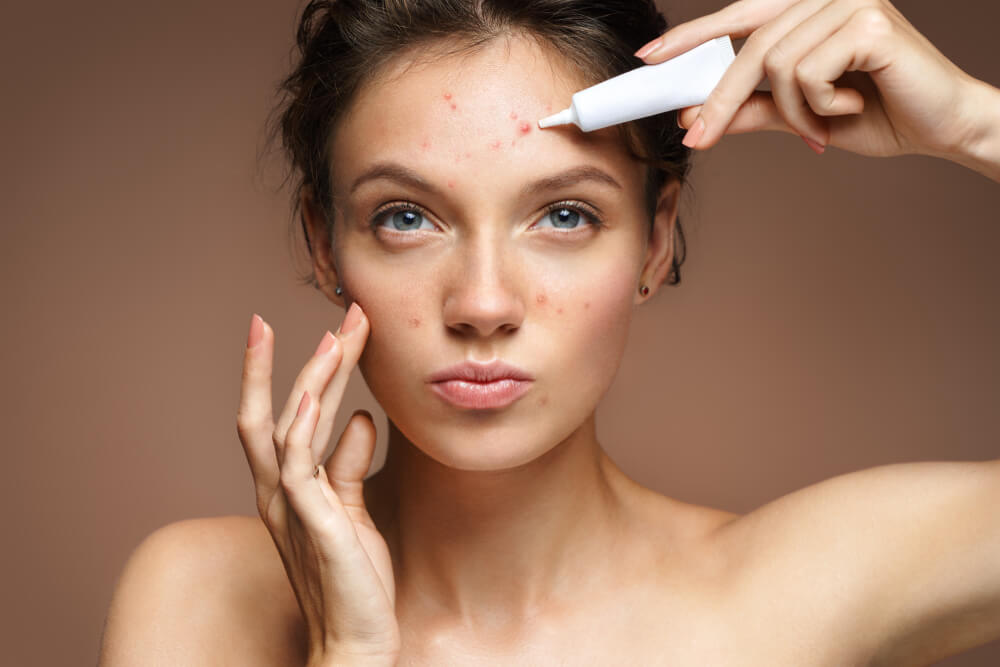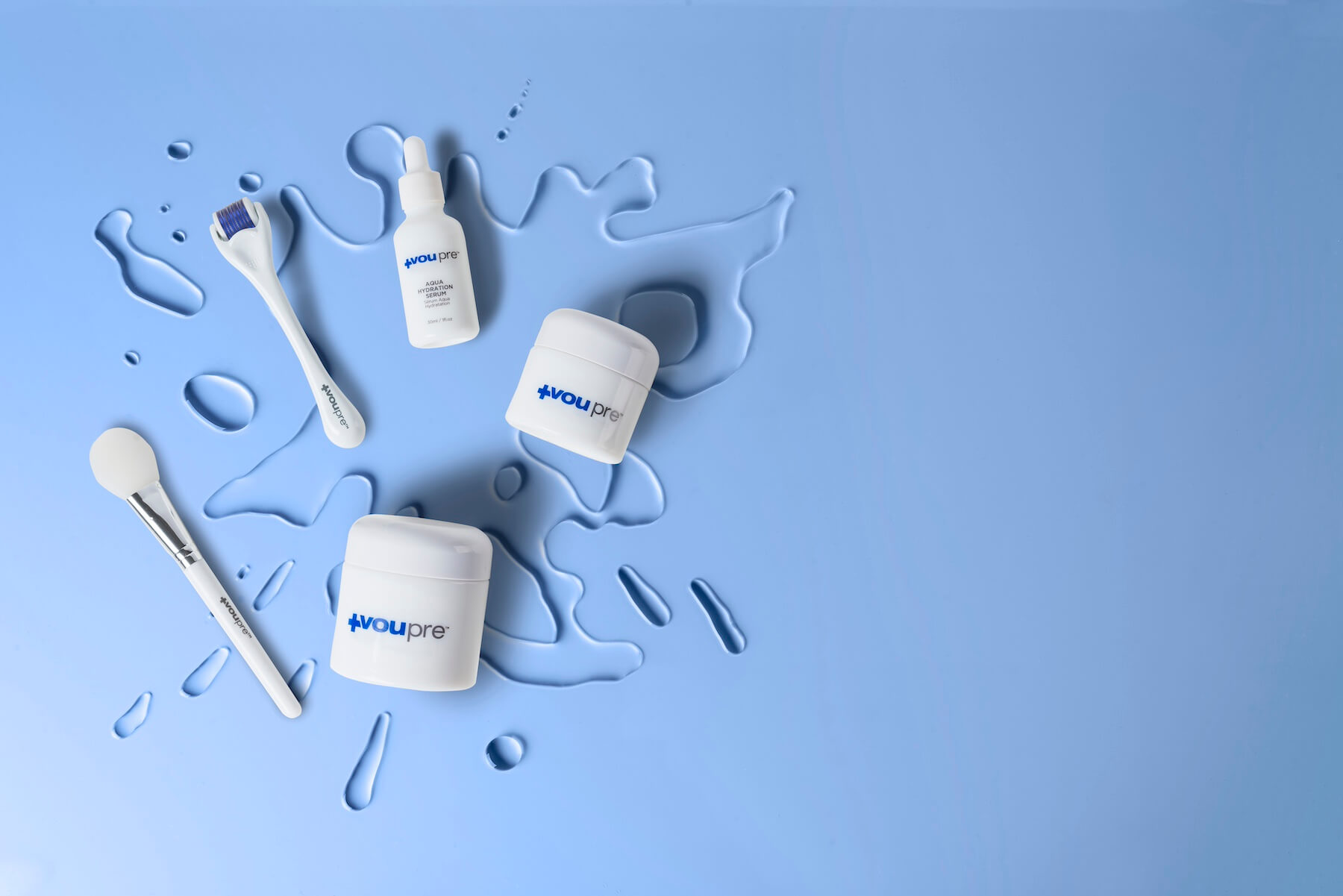Acne-prone skin can be challenging to manage. However, with the right routine and products, you can achieve a smoother, clearer complexion. This guide will help you navigate through the best practices for taking care of acne-prone skin.
Understand Your Skin Type
The first step to managing acne-prone skin is understanding your skin type. Acne-prone skin is often oily, but it can also be combination or dry. Knowing your skin type helps you choose the right products and treatments.
Identify Your Skin Type:
- Oily Skin: Produces excess oil, leading to a shiny appearance.
- Combination Skin: Oily in the T-zone (forehead, nose, chin) but dry in other areas.
- Dry Skin: Feels tight and may have flaky patches.
Establish a Gentle Cleansing Routine
Cleansing is crucial for acne-prone skin. Use a gentle cleanser that removes dirt, oil, and makeup without stripping your skin of its natural oils. Cleansing twice a day, in the morning and before bed, keeps your skin fresh and clean.
Cleansing Tips:
- Use lukewarm water, not hot.
- Avoid harsh scrubbing; be gentle.
- Pat your skin dry with a clean towel.
Exfoliate Regularly but Not Too Often
Exfoliation helps remove dead skin cells and prevents clogged pores. However, over-exfoliating can irritate your skin and worsen acne. Aim to exfoliate 1-2 times a week using a mild exfoliant.
Choosing an Exfoliant:
- Consider chemical exfoliants with ingredients like salicylic acid or glycolic acid.
- Avoid physical exfoliants with large, rough particles.
- Always follow with a moisturizer to soothe your skin.
Moisturize Daily
Many people with acne-prone skin skip moisturizer, fearing it will make their skin oilier. However, moisturizing is essential to maintain a healthy skin barrier. Choose a lightweight, non-comedogenic moisturizer that won’t clog your pores.
Moisturizing Tips:
- Look for gel-based or water-based formulas.
- Apply after cleansing and exfoliating.
- Use a product with soothing ingredients like aloe vera or hyaluronic acid.
Use Sunscreen Every Day
Sunscreen is a must for all skin types, including acne-prone skin. It protects your skin from harmful UV rays and prevents dark spots and hyperpigmentation. Choose a broad-spectrum sunscreen with at least SPF 30.
Sunscreen Tips:
- Opt for non-comedogenic formulas.
- Use a sunscreen designed for oily or acne-prone skin.
- Apply generously and reapply every two hours when exposed to the sun.
Incorporate Acne-Fighting Ingredients
To manage acne-prone skin effectively, incorporate products with acne-fighting ingredients. These can help reduce breakouts and keep your skin clear.
Key Ingredients to Look For:
- Salicylic Acid: Unclogs pores and reduces inflammation.
- Benzoyl Peroxide: Kills acne-causing bacteria.
- Retinoids: Promote cell turnover and prevent clogged pores.
Avoid Pore-Clogging Products
Certain ingredients in skincare and makeup products can clog your pores and exacerbate acne. Be mindful of what you apply to your skin.
Ingredients to Avoid:
- Heavy oils like coconut oil and mineral oil.
- Products with artificial fragrances.
- Thick, creamy formulas.
Keep Your Hands Off Your Face
Touching your face can transfer dirt, oil, and bacteria, leading to more breakouts. Try to keep your hands away from your face as much as possible.
Tips to Avoid Touching Your Face:
- Be mindful of your habits, especially when stressed or bored.
- Keep your hands clean by washing them regularly.
- Use a hands-free device for phone calls.
Maintain a Healthy Lifestyle
Your lifestyle choices can impact the appearance of your skin. A balanced diet, regular exercise, and adequate sleep contribute to overall skin health.
Healthy Lifestyle Tips:
- Eat a diet rich in fruits, vegetables, and whole grains.
- Stay hydrated by drinking plenty of water.
- Get at least 7-8 hours of sleep each night.
- Exercise regularly to boost circulation and reduce stress.
Seek Professional Help When Needed
Sometimes, over-the-counter products aren’t enough. If your acne is severe or persistent, it may be time to see a dermatologist. They can provide personalized advice and treatments.
When to See a Dermatologist:
- If you have painful, cystic acne.
- If over-the-counter treatments aren’t working.
- If you’re unsure which products are best for your skin.
Final Thoughts
Managing acne-prone skin takes patience and consistency. By following these tips and incorporating the right products into your routine, you can improve the look of your skin and boost your confidence. Remember, everyone’s skin is different, so it may take some time to find what works best for you. Stick with it, and you’ll be on your way to clearer, healthier-looking skin.








Leave A Comment